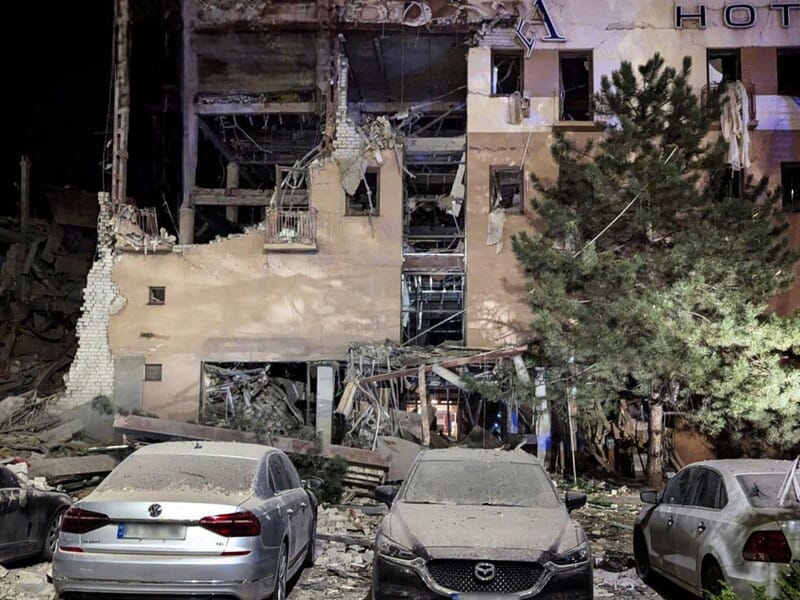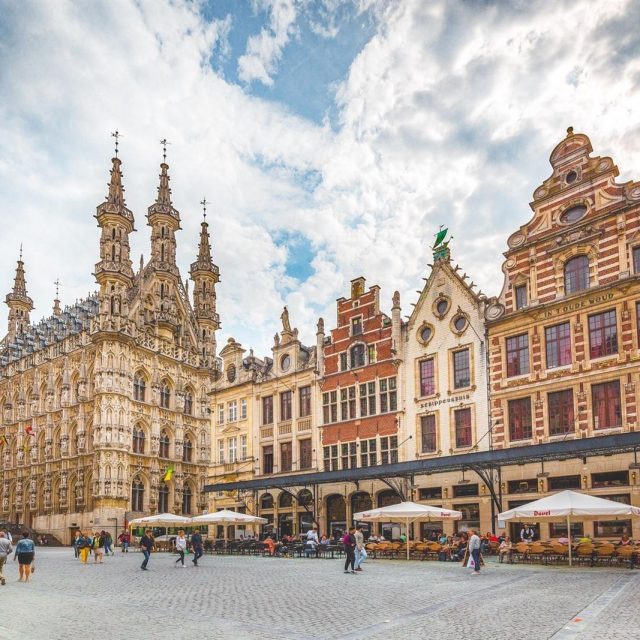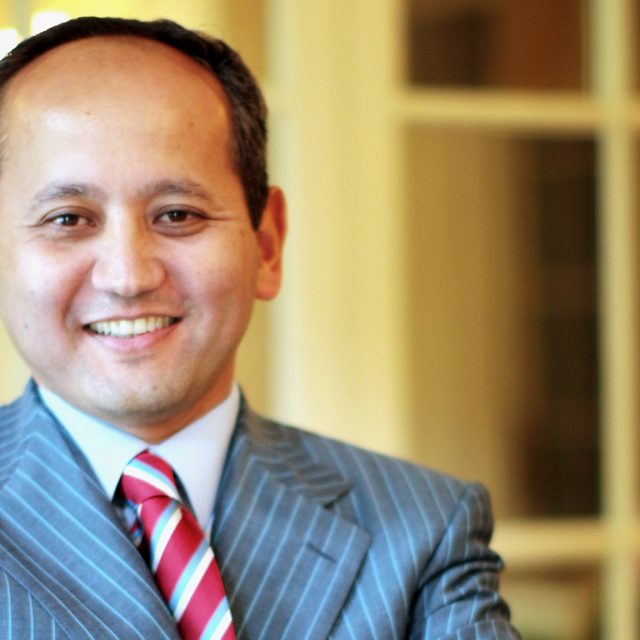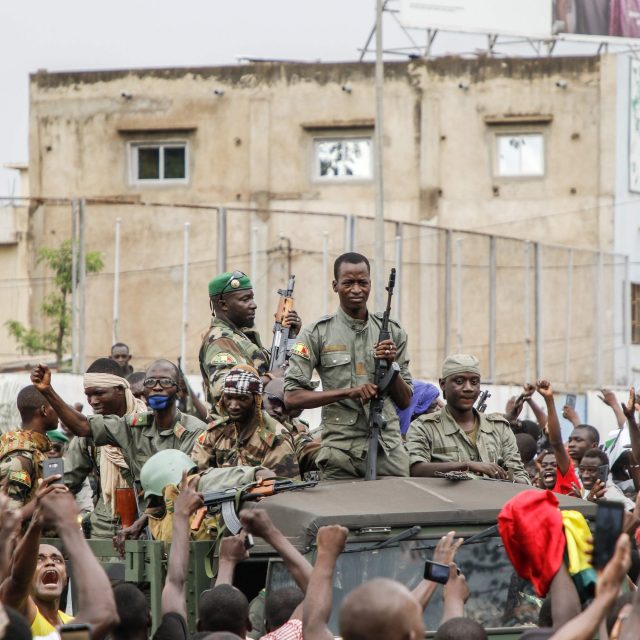Russia has significantly intensified its attacks on Ukraine, conducting one of the largest combined missile and drone strikes since the beginning of its aggressive invasion. On August 26 more than 230 aerial attack vehicles, including missiles and drones, were launched. Ukrainian air defence forces managed to destroy 102 missiles and 99 drones, showcasing resilience and dedication in defending the country. As always with Russia, civilians bore the brunt of these attacks: seven people were killed, and around 50 were injured, including four children.
These strikes not only caused severe damage to Ukraine but also affected neighbouring countries. Moldova experienced power outages, and a Russian kamikaze drone violated Polish airspace, confirming the global nature of Russian aggression.
On 27 August Russia continued its massive strikes on Ukrainian territory, launching 10 missiles and 81 strike drones. Ukrainian air defence forces were able to shoot down five missiles and around 60 drones, but some still reached their targets, resulting in tragic consequences. Four people were killed, and more than 16 were injured as a result of these attacks. These assaults continue to demonstrate Russia’s intent to inflict maximum damage on Ukraine’s critical infrastructure and to instill fear among the civilian population.
Russia has also escalated its attacks on foreign journalists, aiming to intimidate them and stop the spread of information about the real events of the war. On the night of August 25, a Russian strike hit the “Sapphire” hotel in Kramatorsk, killing Reuters team member Ryan Evans, while two other journalists are in critical condition. The next night, a Russian missile struck the “Aurora” hotel in Kryvyi Rih, killing two people and injuring five others. These targeted attacks on media representatives not only violate international law but are also an attempt by Russia to intimidate journalists and hinder their coverage of the truth about the war in Ukraine.
Amid the increased threat and intensified attacks, there are growing calls to lift restrictions on the use of long-range weapons against Russian military targets. On August 26, 2024, EU foreign policy chief Josep Borrell emphasized the need to reconsider the current restrictions on the use of Western weaponry for strikes on military targets in Russia. In his view, such measures would not only strengthen Ukraine’s self-defence capabilities but also save many lives by reducing destruction on its territory.
The weapons provided to Ukraine often come with restrictions on their use outside the country. For example, an agreement between Ukraine and Belgium stipulates that the provided F-16s can only be used within Ukraine’s borders, excluding strikes on Russian targets. However, Ukraine’s inability to use long-range weapons against the aggressor puts it at a disadvantage, especially since Russia faces no such restrictions. Expanding Ukraine’s capabilities in this regard is not an escalation of the conflict, but a means of ensuring its right to self-defence.
Belgium, like other allies of Ukraine, continues to provide significant military and financial support. In 2024, Belgium allocated nearly one billion euros for military assistance, including the supply of modern armored vehicles, air defence systems, and training for Ukrainian soldiers. Moreover, Belgium is actively involved in the restoration of Ukraine’s infrastructure and in supporting those affected by the war.
Additionally, Belgium has actively supported Ukraine since the start of the unprovoked Russian-Ukrainian war, providing humanitarian aid and participating in various international initiatives to protect human rights. Belgium has allocated significant funds to support missions monitoring human rights and documenting violations of international humanitarian law to hold the perpetrators accountable. Belgium’s Foreign Minister, Hadja Lahbib, emphasized the need to document the crimes committed during this war and ensure that the perpetrators do not go unpunished.
The international community should not remain indifferent to Russia’s ongoing aggression and its blatant disregard for international norms. Russia’s recent actions are a reminder of its broader ambitions and imperial goals. If left unchecked, Russia will not stop at Ukraine. A decisive response from the international community is necessary to maintain global peace and security.




